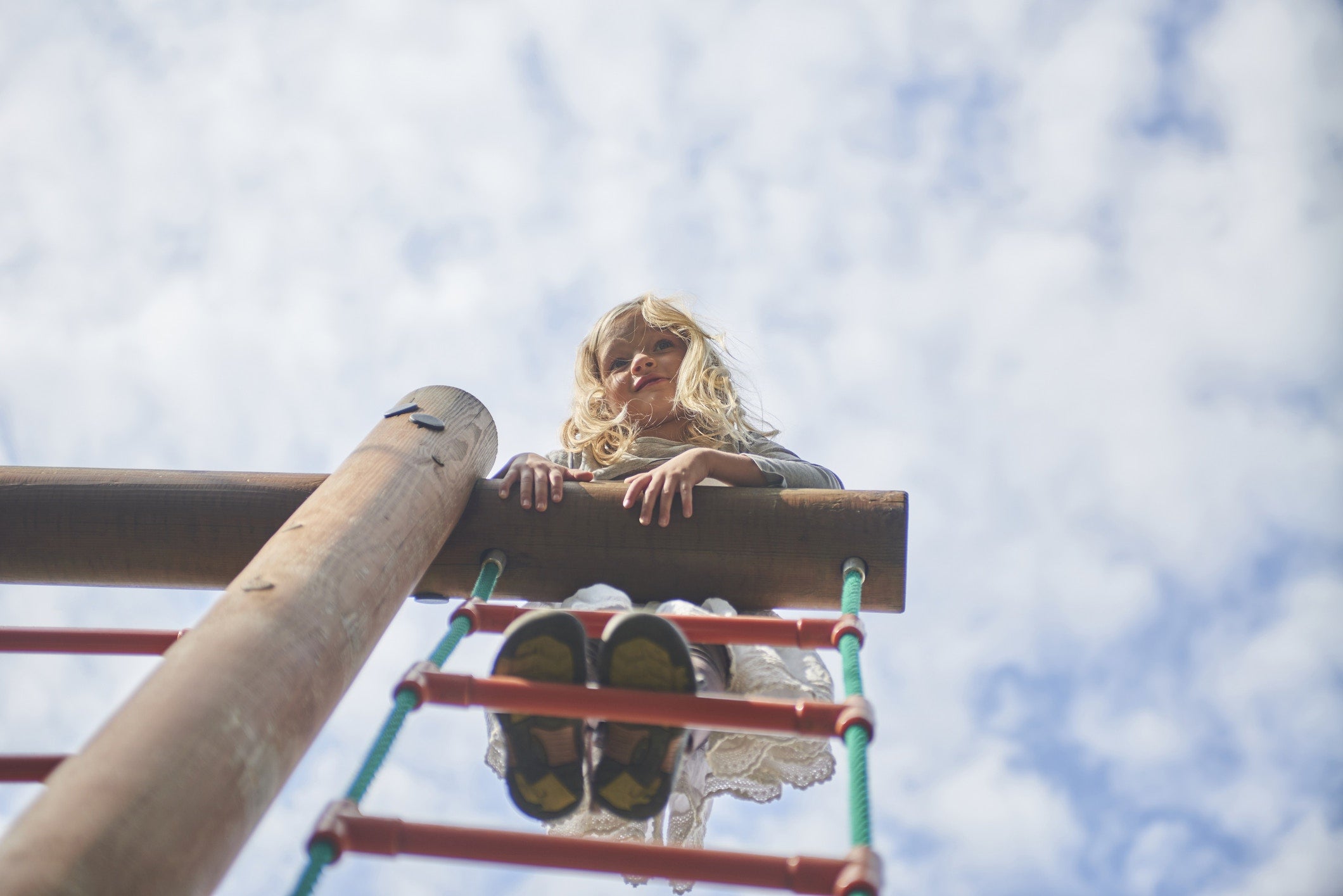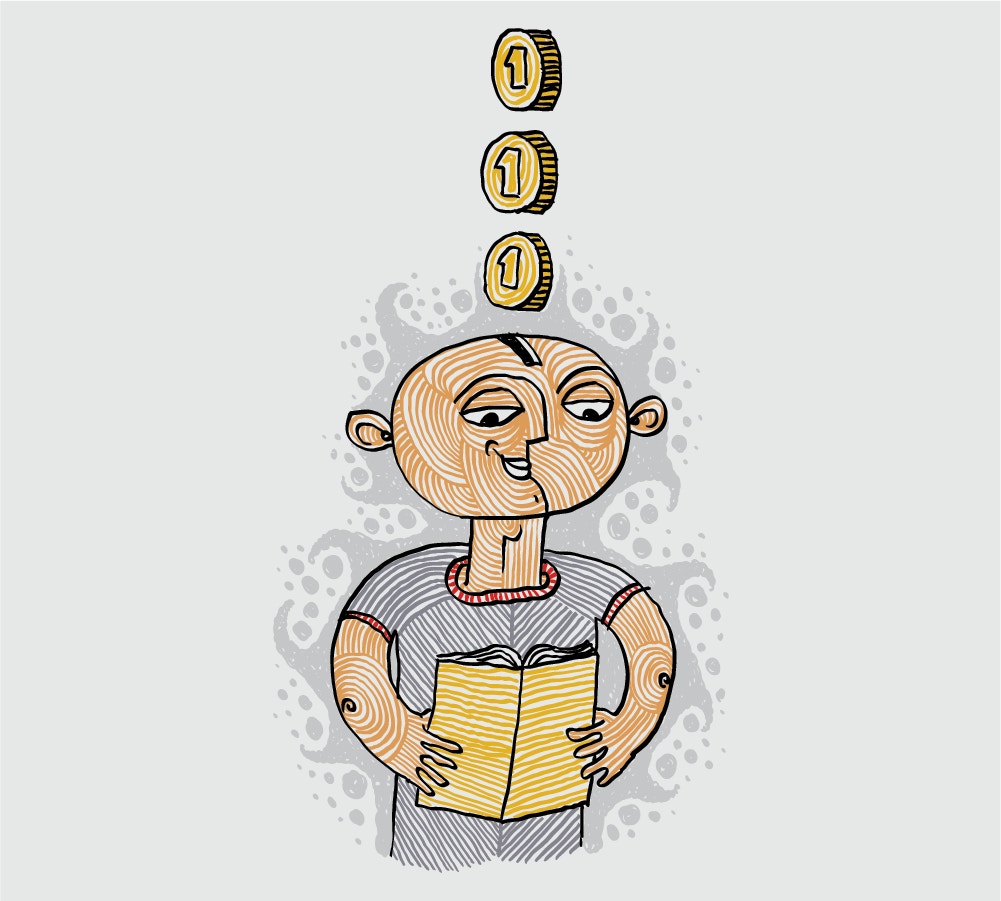I’ll let you in on the biggest parenting secret I’ve ever uncovered in my humble eight years on my parenting journey: the moment you think to yourself “WOW, I think I’ve finally got the hang of this!” your kids will immediately decide to hit a regression.
I say that half in jest and half with sincerity, because as a mom of two and sleep consultant, I find that correlation goes together like peanut butter and jelly…or dino nuggets and ketchup.
However, I like to gently remind myself and my sleep families that regressions are actually PROgressions of childhood development. When we see our children take a “step backwards” it is in order for their brain to make a big leap forward. Sleep regressions, especially, can be super scary (because nothing good happens from searching “sleep regressions” on Google at 4:00 a.m.). So let’s dive into everything you need to know about baby and toddler sleep regressions.
PROgressions, not REgressions
Pausing for a minute to go back to the concept of “progression” versus “regression.” The meaning of “sleep regression” is often misunderstood as equaling a complete backtracking of sleep with no way forward. I often hear parents refer to their child’s sleep during a regression as “worse than the newborn days,” noting the intense impact of sleep deprivation on the household. While your child may suddenly be exhibiting worse sleep than usual during certain time periods, I want to stress that there is a relatively easy solve for sleep regressions without months on end of sleepless nights.
It is important to keep in mind that, while you may be experiencing worse sleep than normal, changes in your little one’s sleep are good signs that they are growing and developing right on time and that their sleep needs are growing and developing with them. Their bodies and brains go through developmental leaps and their sleep needs evolve and change. Remember, your child still has limited ability to communicate their quickly-evolving needs, so a change in sleep needs is likely to be communicated through just that….a sleep change!
A little disclaimer that we will be focusing specifically on their skills (ie- physical or verbal), then I recommend consulting with your pediatrician as soon as possible. While some sleep regressions can be attributed to medical sleep issues, such as sleep apnea, the regressions referred to here will be explained from a skill and behavioral perspective.
Common Ages for Sleep Progressions
Your child will go through sleep changes around 4 months, 8 months, 15 months, and 2.5 years of age. While the ages vary, signs of a sleep regression are pretty universal throughout childhood.
How to Manage Sleep During Progressions
This regression is a great opportunity to change things up with your child’s sleep and think about implementing some strong sleep skills. They are communicating, through their sleep needs, that they can handle staying awake longer or need to condense naps and move bedtime. Adjust the schedule to meet their needs based on their age! Here are two tangible changes to make in order to get over your sleep slump.
Change the schedule: One of the biggest changes that happens as a result of the sleep milestones is dropping naps. I always recommend using a biological sleep times schedule in place of wake windows after 4 months old, but please be mindful that you can be flexible by +/- 30 minutes of these times.
4 Month Nap Schedule (change from wake windows to bio times)
Wakeup: 6:30 a.m.
Nap 1: 8:30 a.m.
Nap 2: 11:00 a.m.
Nap 3: 1:30 p.m.
Nap 4: 4:00 p.m.
Bedtime: 6:30 p.m.
5 Month Nap Schedule (not a traditional “sleep regression” but a common time to drop to 3 naps)
Wakeup: 6:30 a.m.
Nap 1: 8:30 a.m.
Nap 2: 12:00 p.m.
Nap 3: 3:30 p.m.
Bedtime: 6:30 p.m.
8 Month Nap Schedule (drop to 2 naps)
Wakeup: 6:30 a.m.
Nap 1: 9:00 a.m.
Nap 2: 1:00 p.m.
Bedtime: 6:00/6:30 p.m.
15 Month Nap Schedule (drop to 1 nap)
Wakeup: 6:30 a.m.
Nap 1: 12:30 p.m.
Bedtime: 6:30 p.m.
Between the ages of 3-5 years old, naps will be dropped altogether.
Consider sleep training: Sleep regressions are actually PROgressions of childhood development. Let’s dive into everything you need to know about baby and toddler sleep regressions.If your little one has already had some form of sleep training, it’s important to go back to that method for a few nights in order to help them to adjust to their new routine. Think of this as brushing up on a well-established skill! However, if you’ve always struggled with their sleep and their seemingly on an endless cycle of sleep regressions, this is their way of communicating that the way they have been assisted to sleep is no longer working and they are ready to establish strong sleep skills. Do your research on a sleep training method that feels comfortable for you and come up with a plan to follow during its implementation.
Hope Is Not Lost
Rest assured that, just like every other leap and milestone, sleep progressions are just phases that too shall pass. The sleep deprivation that comes along with this development is no fun to endure but it means your child is growing appropriately and they are ready to learn new things!
he good news is that children with strong independent sleep skills typically experience less dramatic symptoms of sleep regressions, because they know how to sleep and will rise to the occasion when their sleep schedule is modified. If you find yourself overwhelmed with information or unable to implement changes and modifications to your sleep situation, don’t hesitate to reach out to an expert for help. It truly takes a village!



